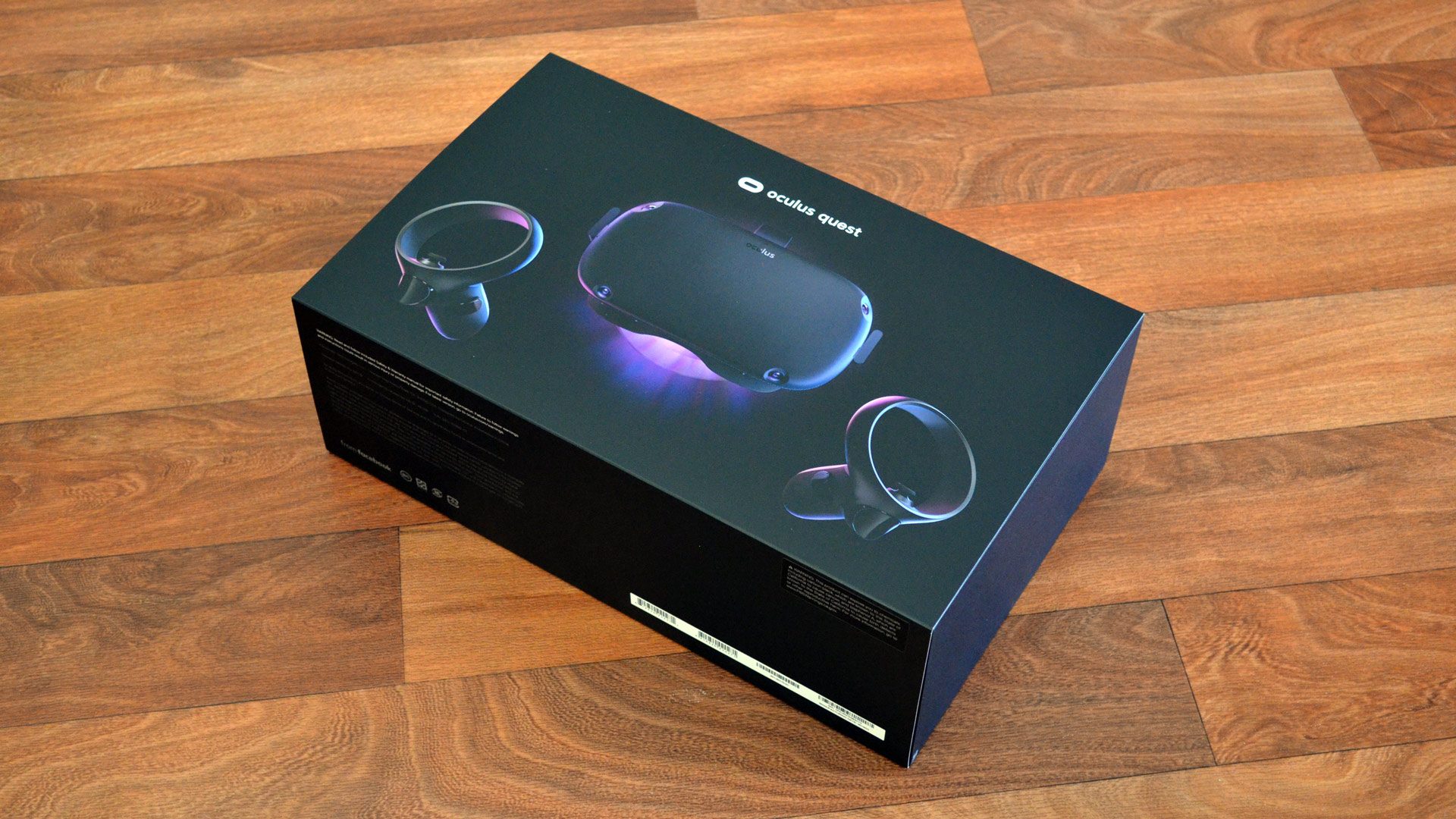So whats going to happen to the users who own the Oculus CV1? Will high-quality PC driven games still be supported and expanded upon?
Oculus will be launching an updated Rift at the same time as this, and other companies like Valve will soon be releasing new PC-connected headsets as well, so I don't see PC driven VR going away anytime soon.
I have some concerns about the display quality of the Quest. I currently own the Go, and I'm not a fan of the images it creates as compared with the Rift and the Gear VR. The colors aren't very vibrant, and the blacks are more like greys. I can handle the lower refresh rate, but I'd like to hear how visual fidelity is on the Quest versus the Go.
Unlike the Go which uses an LCD panel, the Quest uses OLED panels, so it should likely offer better contrast with deeper blacks.
However, these are the kinds of things that should have been covered in the review. This article felt more like a first-impressions piece than anything. If the writer has a pile of VR headsets next to him, why not provide some more detailed comparisons to those headsets? How does the sharpness and clarity compare? Or the field of view? What about the weight distribution? Audio quality? Is there anything that justifies paying an extra $100 for the version that includes $10 worth of additional storage? And is there no other way to expand storage, like a MicroSD slot? The review felt rather light on details.
In any case, while this device might be a big improvement over the Oculus Go (albeit at double the price), this kind of headset doesn't really impress me much. Being a "standalone" device (still apparently requiring a smartphone to manage content) the Quest is ultimately going to be limited to the hardware that it ships with. The visuals are already behind PC VR before it even launches, and will only fall further behind as time goes on and graphics hardware improves. Plus, it doesn't sound like the battery is easily replaceable, and has somewhat mediocre run-time to begin with, so what happens after a couple years when the battery's capacity has been reduced further due to wear? Much like smartphones, this headset seems designed to be disposable, so when they come out with a new one a couple years down the line, people will feel the need to upgrade. And also much like smartphones, you appear to be limited to a walled-garden app store for acquiring content. That's not exactly the kind of VR ecosystem I would like to see.
The Quest may be a decent option for someone who doesn't have gaming-capable hardware that can run a tethered headset, and it has some potential to become popular as a "vr console", though I suspect it won't provide the longevity of a typical console, and I don't see it selling like one either without a bunch of AAA games coming to the platform.
Edit: Road To VR has a much more thorough review, that goes into more detail about both the good, and not-so-good aspects of this headset. They seemed to have an overall positive view of the headset as well, but also made a point of noting its issues and compared it to other headsets...
After months of teasing, Oculus Quest starts shipping today. After testing the headset for several weeks, our Oculus Quest review is here. Because it doesn’t rely on a PC, but still has full tracking capabilities, Oculus hopes that Quest can bring VR’s most immersive experiences to a much wider...

www.roadtovr.com


